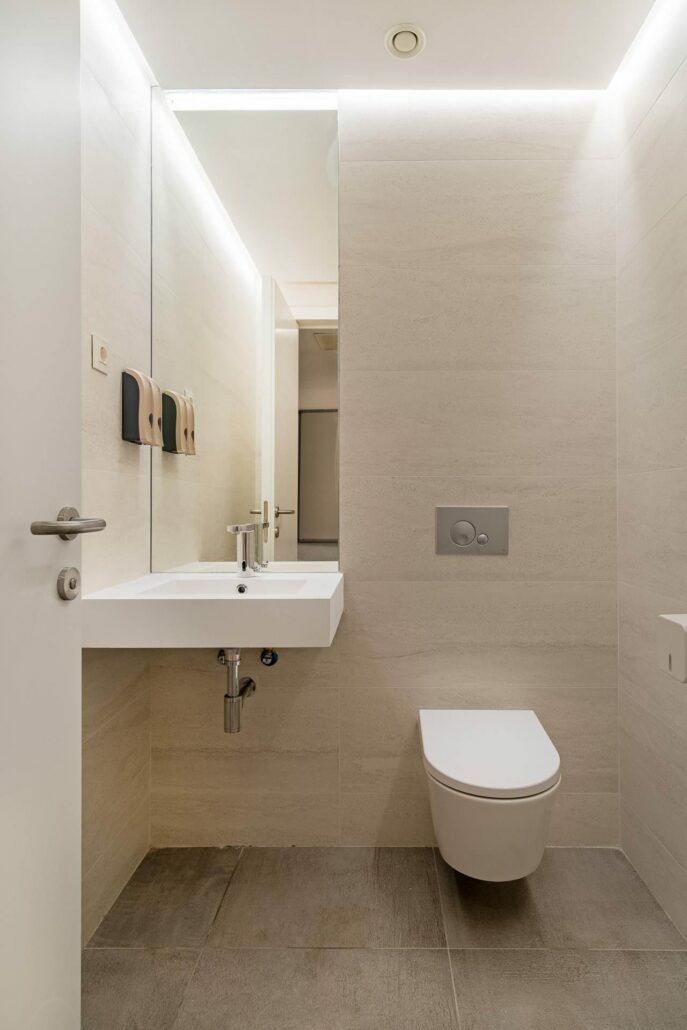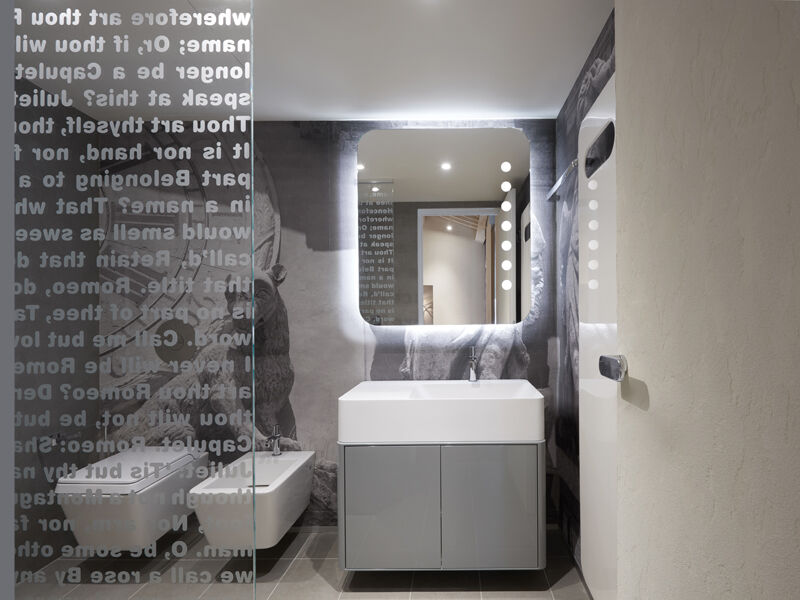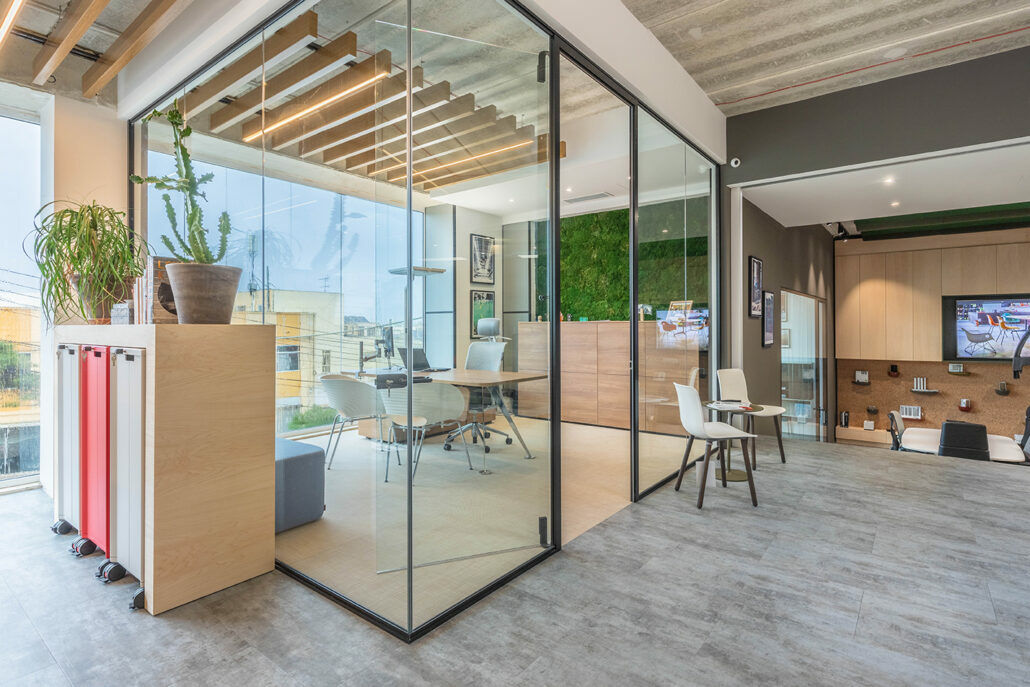PR 07/21 | Perit Dr Jeanette Muñoz Abela elected to European Council of Civil Engineers Executive Board
Perit Dr Jeanette Muñoz Abela was elected to the Executive Board of the European Council of Civil Engineers at the 73rd ECCE General Meeting held on 23rd October 2021.
Dr Muñoz Abela serves as council member of the Kamra tal-Periti (KTP) since 2016 where she acts as its representative on the European Council of Civil Engineers (ECCE), Fédération Européenne d’Associations Nationales d’Ingénieurs (FEANI) and Inġiniera Malta in their General Assemblies as well as a member of the Union Internationale des Architects (UIA) Committee “International Women in Architecture”.
She was also appointed as the Chair of the Permanent Committee on Engineering of the Kamra tal-Periti and is the national representative of the International Association of Bridge and Structural Engineering (IABSE).
Dr Muñoz Abela is also a lecturer at the University of Malta within the Faculty for the Built Environment and sits on the University Senate (2019-2021), the Faculty Board (2019 – to date) and the Doctoral Committee (2019 – to date).
The Kamra tal-Periti warmly congratulates Dr Jeanette Muñoz Abela on her achievement.
The Kamra tal-Periti would also like to congratulate Dipl. Ing Andreas Brandner on becoming the new president of the European Council of Civil Engineers while expressing thanks and appreciation to Ing. Aris Chatzidakis for his work during the last three years.
The new ECCE Executive Board is composed as follows:
| Andreas Brandner | President | Austria |
| Aris Chatzidakis | Immediate Past President | Greece |
| Platonas Stylianou | Vice President / President Elect | Cyprus |
| Helena Endriksone | Vice President / Treasurer | Latvia |
| Paul Coughlan | Executive Board Member | U.K. |
| Jeanette Muñoz Abela | Executive Board Member | Malta |
| Olga Radulovic | Executive Board Member | Montenegro |
| Dimitar Natchev | Executive Board Member | Bulgaria |




